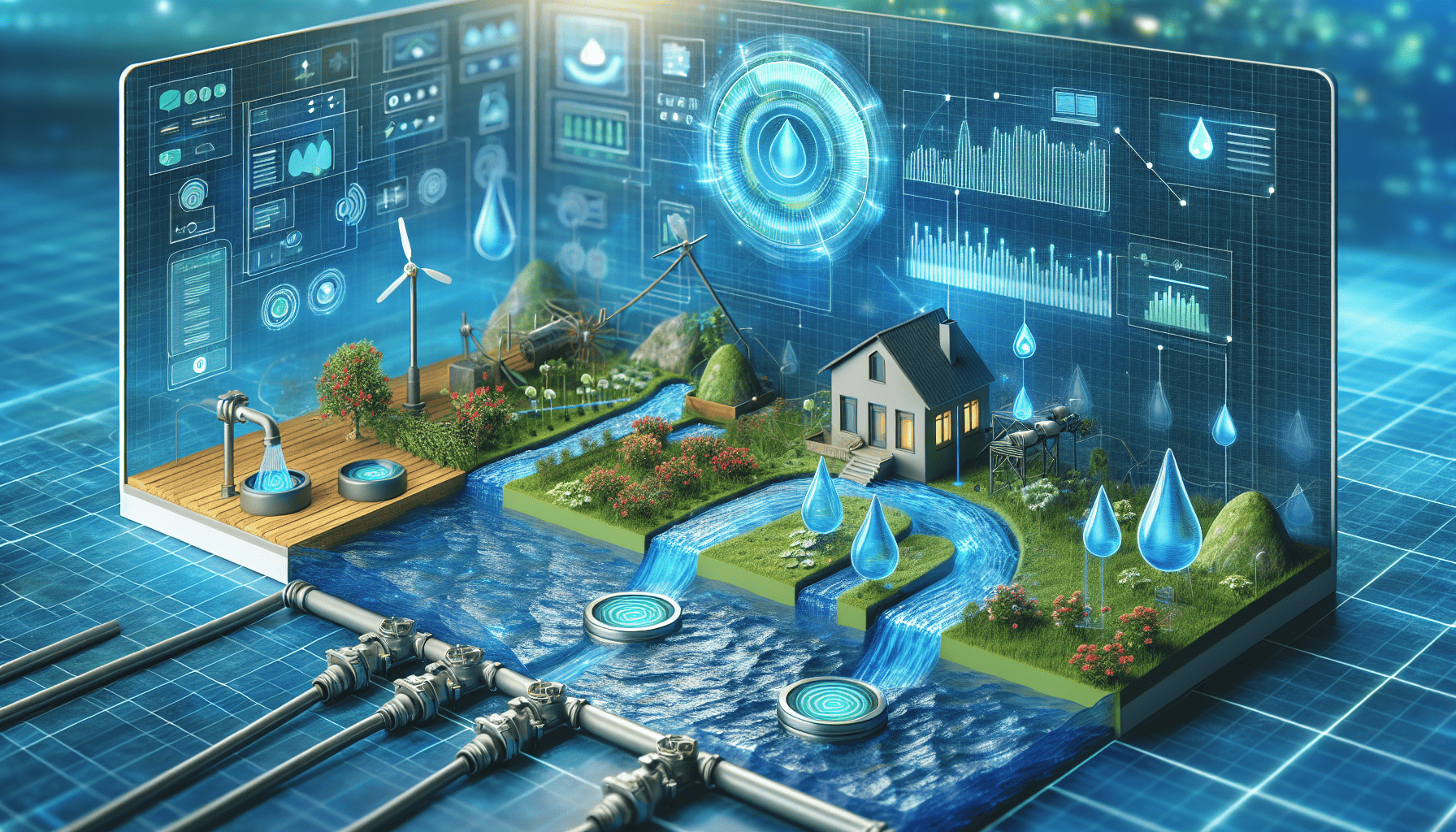As global populations continue to rise and climate change poses significant challenges to natural resources, the necessity for efficient, sustainable water management becomes ever more crucial. Advanced management technology offers a promising solution to optimize water usage, ensuring that this precious resource is utilized effectively and sustainably across various sectors.
At the heart of smart water management is the integration of cutting-edge technology such as the Internet of Things (IoT), data analytics, and machine learning. These technologies work in tandem to monitor, analyze, and optimize water use in real-time, offering unprecedented insights and control to users.
IoT systems, for example, have revolutionized the way we gather data on water consumption. Sensors installed in homes, agricultural fields, and industrial plants can continuously collect data on water flow, pressure, and levels. This constant stream of information allows for immediate identification of leaks or inefficiencies, which can then be promptly addressed, significantly reducing water waste.
In agriculture, where water use is substantial, smart water management technology has been transformative. Precision agriculture tools use weather data, soil moisture sensors, and crop health imagery to optimize irrigation practices. This ensures that crops receive the right amount of water at the right time, enhancing yield while conserving water. Farmers can now manage their fields remotely, using smartphone apps to control and adjust irrigation schedules as needed, based on real-time data.
Urban areas are also reaping the benefits of smart water management systems. Cities can equip their infrastructures with smart meters to track consumption patterns and detect anomalies, providing vast savings in both water and municipal expenses. Advanced forecasting models enable city planners to anticipate future water needs and allocate resources more effectively, addressing both drought conditions and times of abundance with equal foresight.
Additionally, water utilities can leverage data analytics to optimize treatment processes, resulting in more efficient energy use and reduced chemical usage. By predicting demand and adjusting operations accordingly, utilities can maintain water quality while minimizing costs, benefiting both the environment and consumers.
Moreover, public awareness and engagement have been greatly enhanced through smart water management. Individuals and communities gain a more comprehensive understanding of their water usage patterns through accessible online dashboards, encouraging more conscientious consumption. Educational tools and community initiatives can further promote sustainable practices, leading to a more water-conscious society.
Despite the promising benefits, the transition to smart water management is not without challenges. Significant investment is often required to upgrade existing infrastructures, and the integration of new technologies must be meticulously planned and executed. Ensuring data security and privacy is also critical, as these systems collect extensive amounts of information.
Nevertheless, the potential rewards for both people and the planet make the investment in smart water management incredibly worthwhile. By optimizing water use through advanced technology, we can protect and preserve our water resources for future generations, ensuring a sustainable and resilient global environment.
